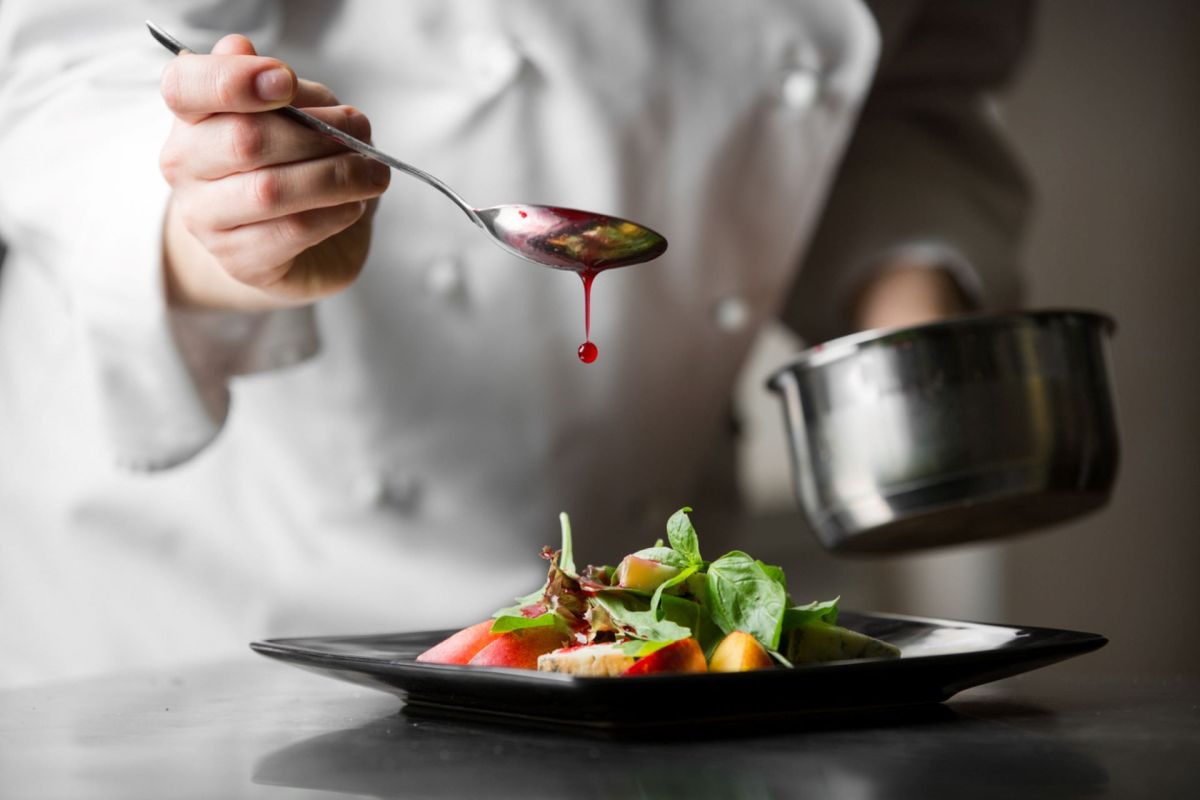When thinking about invasive species, you may picture weeds in people's yards or the infamous spotted lanternfly — but you're not likely to associate them with fine dining and restaurant menus.
Yet restaurants are increasingly including invasive species on their menus in an effort to curb their growing populations and promote ethical eating, reported The Guardian.
Invasive species are natural species of flora or fauna introduced to new ecosystems due to human-related activities such as importing and exporting, shipping exotic animals to new areas, and travel. When invasive species are introduced to new ecosystems, they can wreak havoc on the existing biodiversity.
By using invasive species in their dishes, chefs help control their populations and honor new ways to eat ethically. This method of addressing invasive species is called "invasivorism," Scientific America reported.
Silo, a zero-waste restaurant in east London, has begun incorporating Japanese knotweed into its menu. Silo's chef and owner, Douglas McMaster, is using invasive species to bring new flavors to his menu.
"Not only is eating invasive species a solution, but we're taking pressure off the food system, saving resources … Japanese knotweed is incredible, it's like a mix of asparagus and rhubarb," McMaster said in an interview with The Guardian.
Other examples of invasive species used in fine dining include muntjac deer tartare in the United Kingdom, squirrel haggis in Scotland, and lionfish crudo in the southern United States, according to a National Geographic article.
Alex Fogg is a Florida-based biologist and spear fisherman who runs a lionfish derby to encourage residents to net the invasive species out of the water and use them for food.
"There's people who would never in a million years consider taking the life of a wild animal … but lionfish are something that those people can get behind, because they're helping the environment," Fogg told National Geographic.
All of these examples of invasivorism highlight the numerous ways that chefs and others — like Inversa, a company turning lionfish into leather for handbags and other items — have found to make a positive impact on the growing issue of invasive species.
While it can take time (as McMaster admitted, "Kentucky Fried Squirrel" didn't take off) for people to warm up to new types of foods on a menu, it is still a great solution and opportunity that contributes to a common goal.
Join our free newsletter for cool news and actionable info that makes it easy to help yourself while helping the planet.









